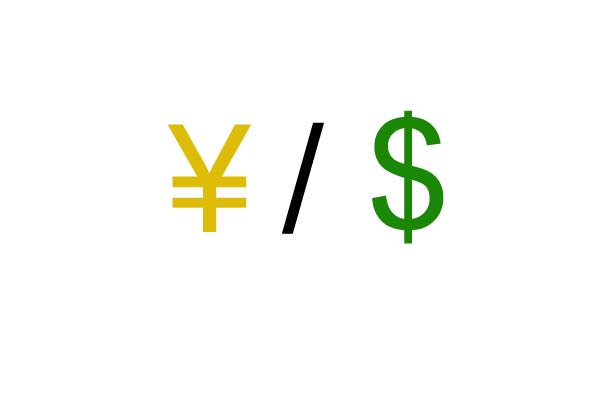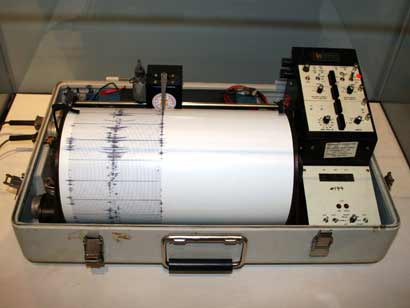Japanese Yen falls to 34 year low against Dollar

There was a huge decline in Japan’s currency yen on Wednesday. Due to this, it has reached its weakest level against the dollar since 1990. In view of this decline, a meeting of Japan’s top financial officials was held. The rapidly falling currency was discussed in the meeting and possible interventions were indicated to stabilize it. The US dollar has reached a high of 151.975 yen. This aggressive bounce makes the dollar its strongest against the yen in more than 30 years.
After the emergency meeting, Japan’s Chief Currency Diplomat Masato Kanda stressed his readiness to take action against any disorderly fluctuations in the foreign exchange market. This is similar to the warnings issued before their intervention to defend the Yen in 2022.
The Bank of Japan, the Finance Ministry and the Financial Services Agency of Japan held a meeting in Tokyo on Wednesday evening. Top currency diplomat Masato Kanda then said he would not rule out any action to respond to disorderly foreign exchange moves. Japanese authorities had intervened to save the yen, which had reached 151.94 against the dollar in 2022. Finance Minister Shunichi Suzuki used the same words on Wednesday as before that intervention. He warned that he would take decisive action to prevent a sharp decline in the Japanese currency.
Interest rate increase had no effect
“They are, to an extent, swimming against the current here,” Bipin Rai, head of global foreign exchange strategy at CIBC Capital Markets in Toronto, told Reuters. “Intervention helps in the near term, but it is not a long-term solution. The yen’s decline of more than 7% year to date has been driven by the widening gap between US and Japanese bond yields. The Bank of Japan’s recent small interest rate hike has done little to narrow the gap.
If the US Fed reduces the rate then it will become a matter
Experts believe that a possible solution to stop the yen’s decline could be the US Federal Reserve starting an interest rate cut cycle and subsequently lowering the yields of government bonds outside Japan. “I suspect that intervention, or threats to intervene, are really just a way to buy time until we see things start to change on a more permanent basis outside the country,” Rai said.









